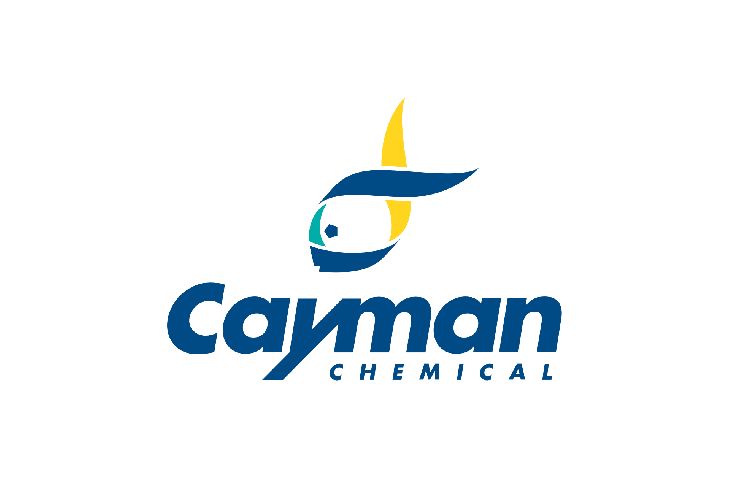Product description
Heat shock protein 70s (Hsp70s) are abundant and stress-inducible 70 kDa molecular chaperone proteins encoded by a highly conserved, multigene family.{15480} They are monomeric proteins that can be divided into two functional domains: an N-terminal ATPase domain and a substrate binding domain that contains a highly conserved EEVD motif at its C-terminus. Hsp70s are found in the cytosol, nuclei, endoplasmic reticulum, mitochondria, and chloroplasts of eukaryotes, as well as in bacteria. They function as molecular chaperones that assist in a wide range of cellular processes, including refolding of aggregated or misfolded proteins, co- and post-translational folding and assembly of nascent peptides, membrane translocation of secretory and organellar proteins, controlling activity of regulatory nuclear receptors, kinases and transcription factors, as well as acting cooperatively with the Hsp90 chaperone system in eukaryotes.{36132} The Hsp70 chaperone cycle is ATP-dependent and initiated by transient interaction of the Hsp70 substrate binding domain with hydrophobic regions within a peptide or protein. It consists of an alteration between the low-affinity ATP-bound state with fast rates of substrate exchange and the high-affinity ADP bound state with slow rates of substrate exchange. Hsp70s are subject to a variety of post-translational modifications and their expression is upregulated under conditions of cellular stress and in a variety of disease states. Specifically, citrullinated Hsp70 peptides have been found in the synovial fluid of patients with rheumatoid arthritis.{31556} Cayman’s Citrullinated Hsp70 (R357) Polyclonal Antibody can be used for Western blot and ELISA applications.
Specifications
Applications
WB, ELISA
Host
Rabbit
Supplier
Cayman Chemical
Shipping & storage
Shipping condition
Dry Ice
Storage temperature
-20°C
Do you have any questions about this product?
Price on Request
Productname
Citrullinated Hsp70 (R357) Polyclonal Antibody
23916-1
Are you looking for specific products, alternatives or documentation?











